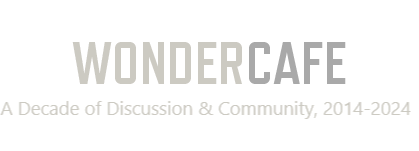Ever wonder why you "just believe" or why sometimes you search scriptures to back up your faith in order to justify the hearts longing for God?
It's even scripture that defines for us what our faith is:
Hebrews 11:1
"Now faith is the assurance of things hoped for, the conviction of things not seen."
although faith can be defined differently by each of us, and can become to mean whatever you want it to mean personally.
A definition of faith can be, 1.) Belief and trust in and loyalty to God. 2.) belief in the traditional doctrines of a religion. 3.) Firm belief in something for which there is no proof.
Possibly it's number three that prompts us to search scripture for "proof" and develop a theology that keeps our faith alive?
If faith comes from things unseen, what is the connection between Faith and Theology?
It's even scripture that defines for us what our faith is:
Hebrews 11:1
"Now faith is the assurance of things hoped for, the conviction of things not seen."
although faith can be defined differently by each of us, and can become to mean whatever you want it to mean personally.
A definition of faith can be, 1.) Belief and trust in and loyalty to God. 2.) belief in the traditional doctrines of a religion. 3.) Firm belief in something for which there is no proof.
Possibly it's number three that prompts us to search scripture for "proof" and develop a theology that keeps our faith alive?
If faith comes from things unseen, what is the connection between Faith and Theology?
